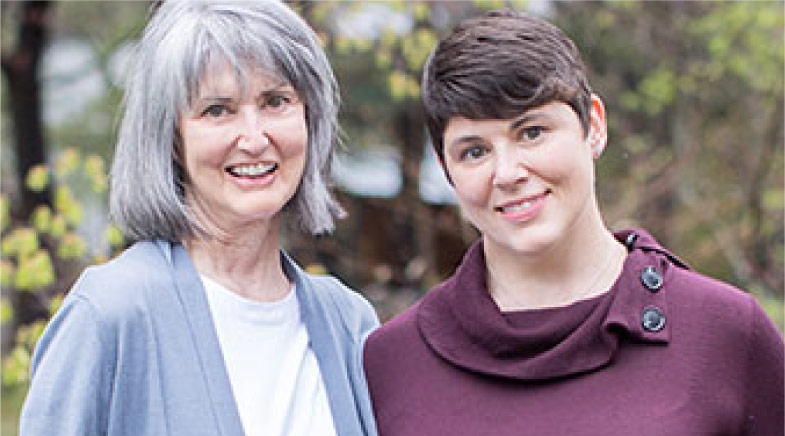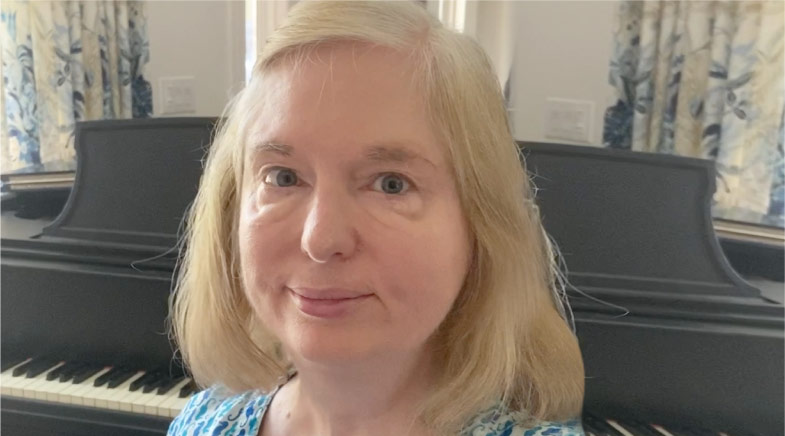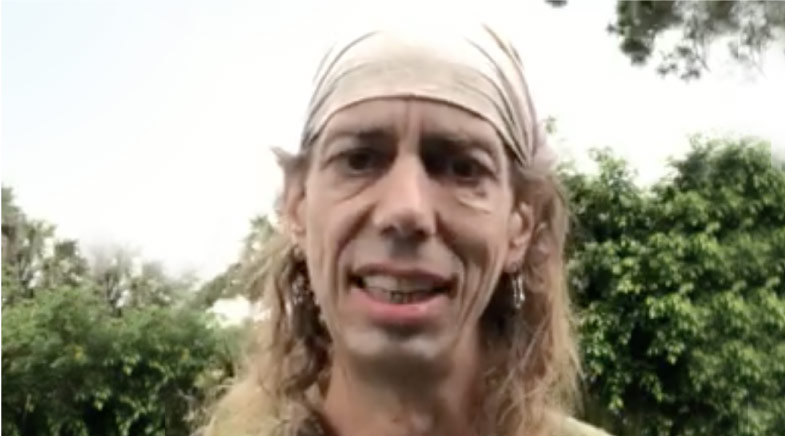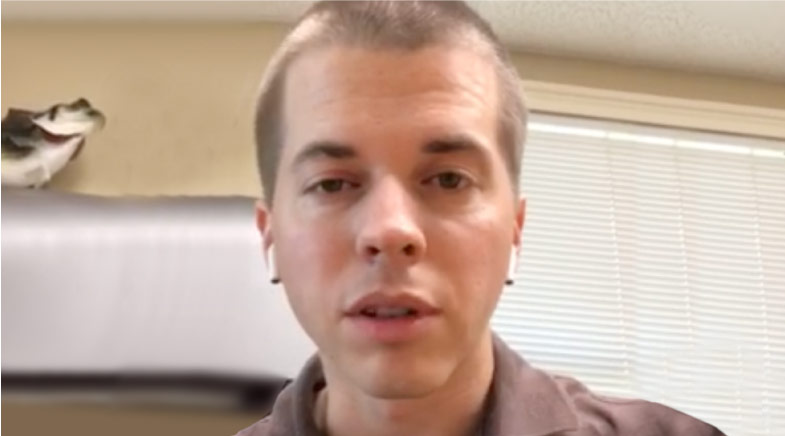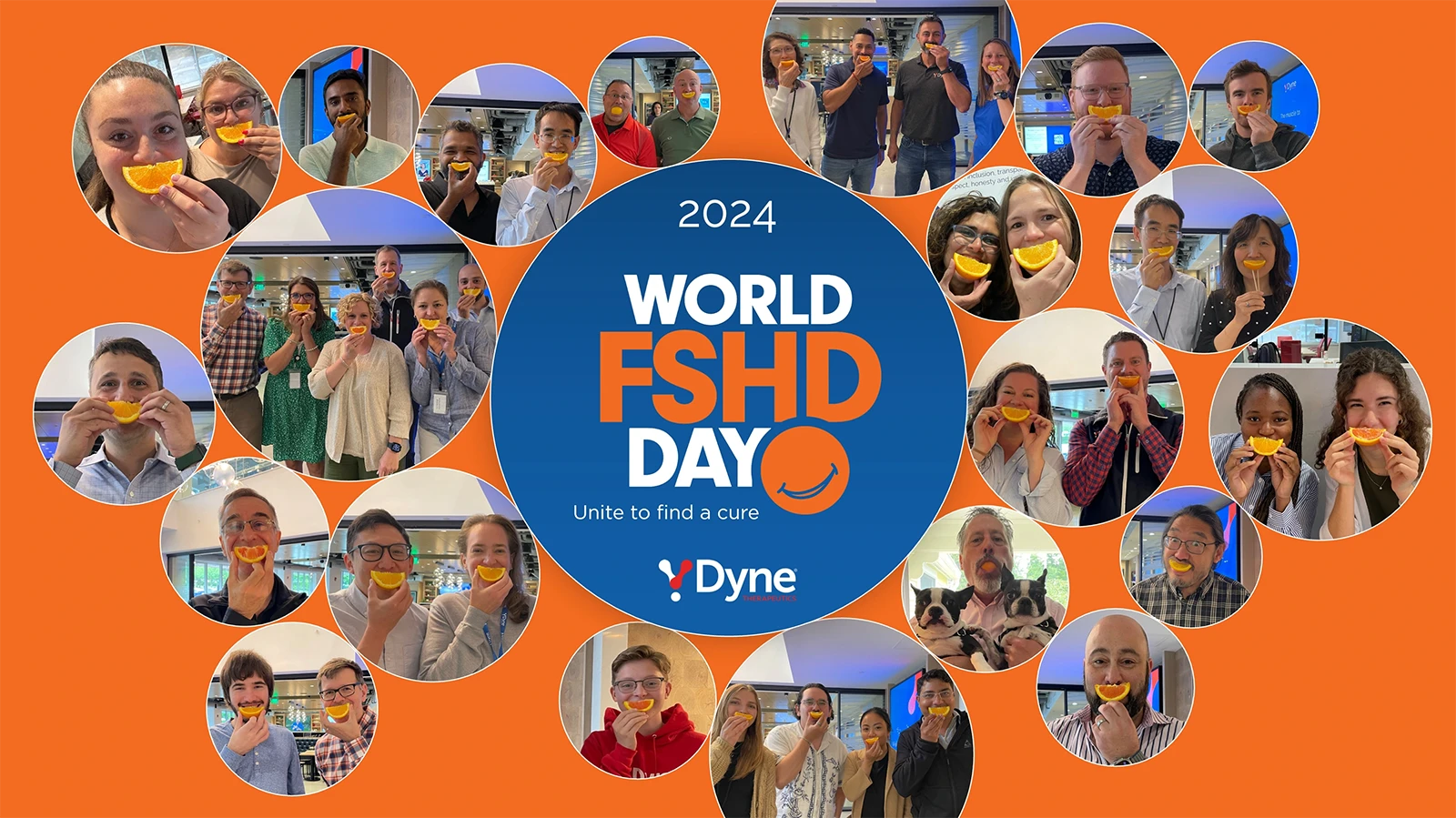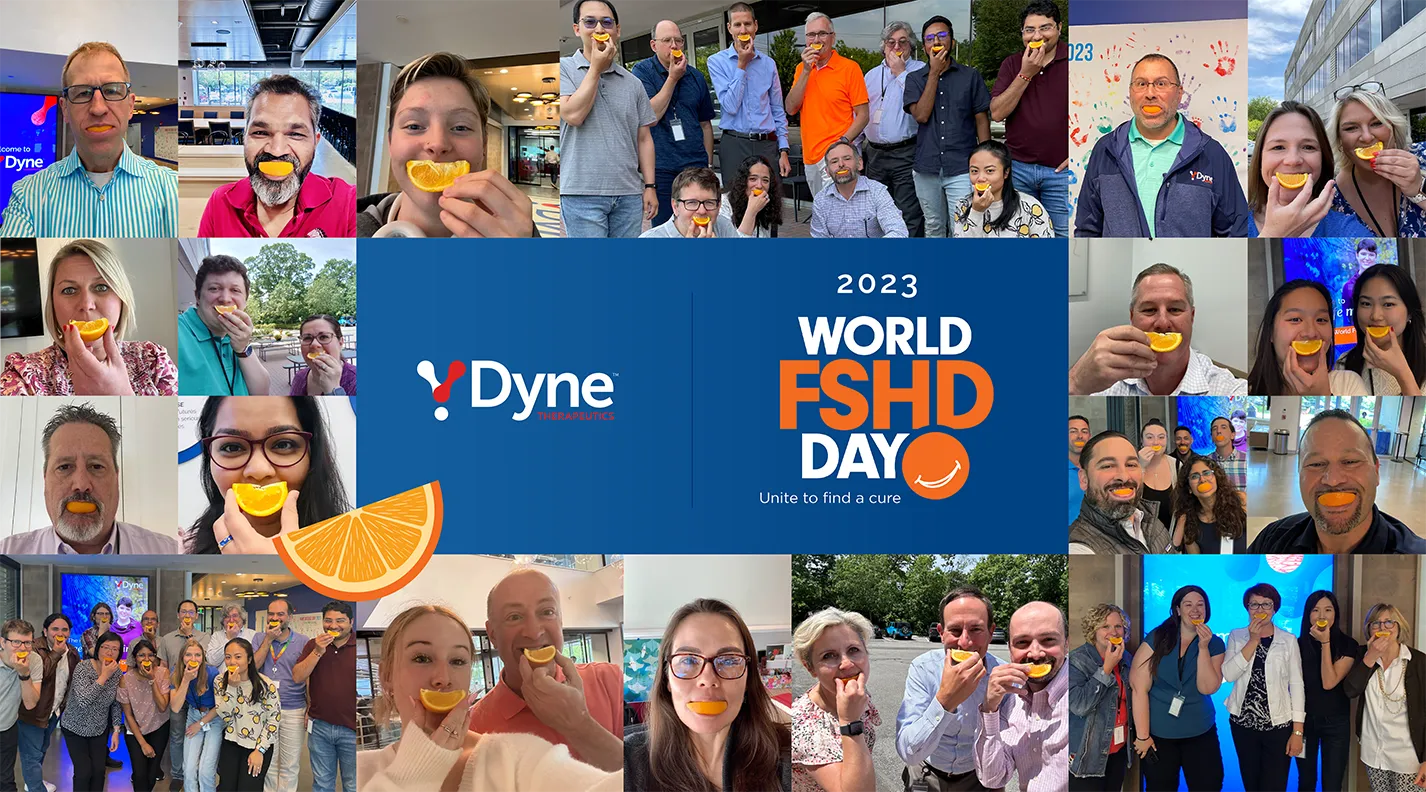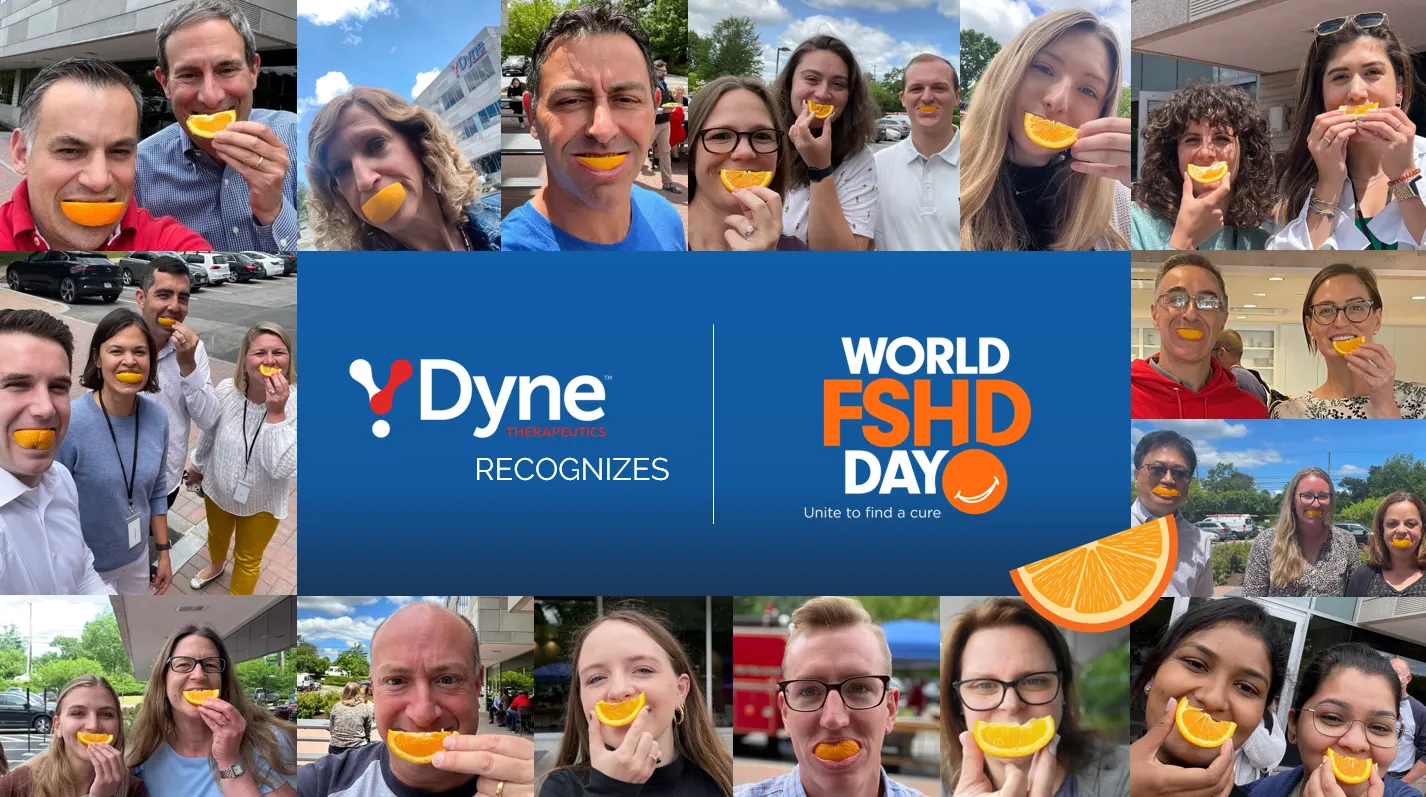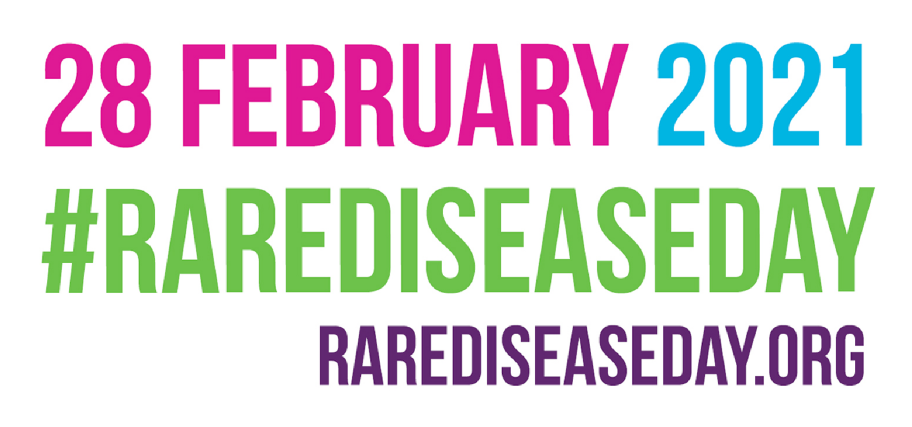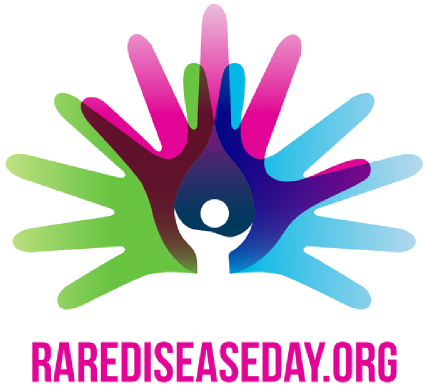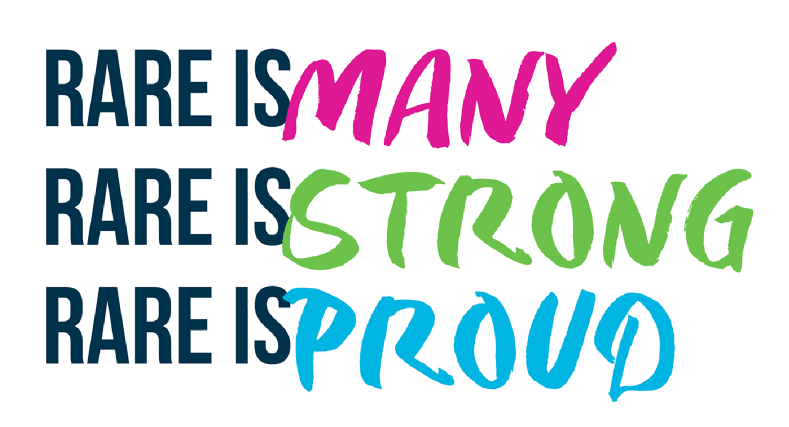Dystrophy (FSHD)
Facioscapulohumeral muscular dystrophy (FSHD) is characterized by progressive loss of skeletal muscle, which causes profound weakness. The symptoms of FSHD often emerge first with a loss of facial muscle strength, making it difficult to smile. The atrophy typically progresses to the arms and torso and then the legs. The severity of symptoms varies widely. Although the genetic cause of FSHD is well understood, there are no approved treatments.
Each person living with FSHD has a unique and powerful story to tell
Living with FSHD has profound impacts on every part of peoples’ lives, from work and socializing to family life. Community members have shared moving examples of living with FSHD with our team and have told us what it would mean to them to have a transformative therapy for their disease.


